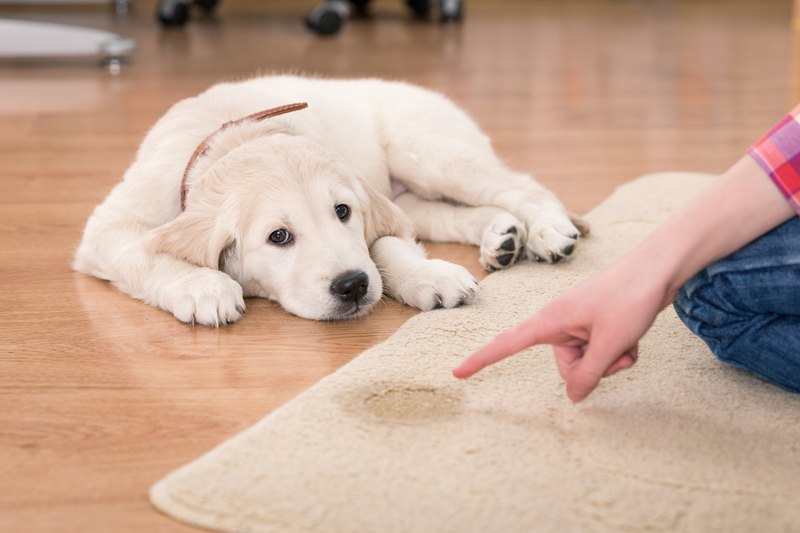Introduction to DIY Eco-Friendly Cleaners
In today's world, where sustainability and eco-consciousness are becoming increasingly important, making the switch to DIY eco-friendly cleaners is not just good for the environment, but also for your health and wallet. Commercial cleaners often contain harsh chemicals that can be harmful, but you can make effective, natural cleaners at home using simple ingredients. This article will guide you through various methods and recipes for creating your own DIY eco-friendly cleaners.

Why Choose DIY Eco-Friendly Cleaners?
Opting for DIY eco-friendly cleaners has multiple benefits:
1. **Environmental Impact**: By using natural ingredients, you reduce the number of harmful chemicals that go down your drain and into our waterways.
2. **Cost-Effective**: Most DIY cleaners are made from inexpensive, commonly-found items like vinegar, baking soda, and essential oils.
3. **Health Benefits**: Fewer toxic chemicals mean fewer health risks such as skin irritation, respiratory issues, and allergic reactions.
4. **Customization**: You have the freedom to choose your preferred scents and combination of ingredients.
Essential Ingredients for DIY Cleaners
Here are some staple ingredients you'll need:
- **Vinegar**: An excellent disinfectant and natural deodorizer.
- **Baking Soda**: Perfect for scrubbing and neutralizing odors.
- **Lemon**: Offers natural antibacterial and antiseptic properties.
- **Essential Oils**: Add pleasant fragrances and additional cleaning properties.
- **Castile Soap**: A multipurpose, biodegradable soap made from olive oil.
DIY Eco-Friendly Cleaner Recipes
**1. All-Purpose Cleaner**
- *Ingredients*:
- 1 part water
- 1 part vinegar
- Lemon peel or a few drops of lemon essential oil
- *Method*:
1. Combine all ingredients in a spray bottle.
2. Shake well before each use.
3. Spray on surfaces and wipe with a clean cloth.
**2. Glass Cleaner**
- *Ingredients*:
- 2 cups of water
- 1/2 cup of vinegar
- 1/4 cup of rubbing alcohol (70% concentration)
- 1-2 drops of essential oil for fragrance (optional)
- *Method*:
1. Mix all ingredients in a spray bottle.
2. Shake well and spray on glass surfaces.
3. Wipe with a microfiber cloth or newspaper for a streak-free finish.
**3. Toilet Cleaner**
- *Ingredients*:
- 1 cup of baking soda
- 1 cup of vinegar
- *Method*:
1. Sprinkle baking soda into the toilet bowl.
2. Pour vinegar over the baking soda.
3. Let it sit for ten minutes before scrubbing with a toilet brush.
**4. Floor Cleaner**
- *Ingredients*:
- 1/2 cup of vinegar
- 1 gallon of hot water
- *Method*:
1. Mix vinegar and water in a bucket.
2. Use a mop to clean the floor.
3. For a pleasant scent, add a few drops of your favorite essential oil.
Pros and Cons of DIY Eco-Friendly Cleaners
**Pros:**
- **Eco-Friendly**: Reduces your carbon footprint.
- **Non-Toxic**: Safer for children and pets.
- **Cost-Effective**: Generally cheaper than commercial cleaners.
- **Customizable**: Tailor the scent and ingredients to your preferences.
**Cons:**
- **Preparation Time**: Requires time to mix and prepare.
- **Effectiveness**: May not be as potent as commercial cleaners for tough stains.
- **Shelf Life**: Generally shorter shelf life compared to store-bought cleaners.
Tips for Using DIY Eco-Friendly Cleaners
1. **Label Everything**: Keep your homemade cleaners clearly labeled to avoid any confusion.
2. **Test First**: Always test your cleaner on a small, inconspicuous area first to ensure it won't damage surfaces.
3. **Store Properly**: Keep your cleaners in a cool, dark place to prolong their shelf life.
4. **Use Fresh Ingredients**: Ensure your ingredients are fresh for maximum effectiveness.

Takeaways
- DIY eco-friendly cleaners are a sustainable and cost-effective way to maintain a clean home.
- You have an array of natural ingredients at your disposal to create effective and safer cleaning solutions.
- Understanding the pros and cons will help you make informed decisions about which cleaning solutions work best for you.
Conclusion
Switching to DIY eco-friendly cleaners is a simple yet impactful way to contribute to a healthier planet and a safer home environment. With basic ingredients, you can create a range of effective cleaners for various purposes. While there are some disadvantages, such as preparation time and potential effectiveness, the benefits far outweigh them. By following these recipes and tips, you'll be well on your way to a cleaner, greener lifestyle.



